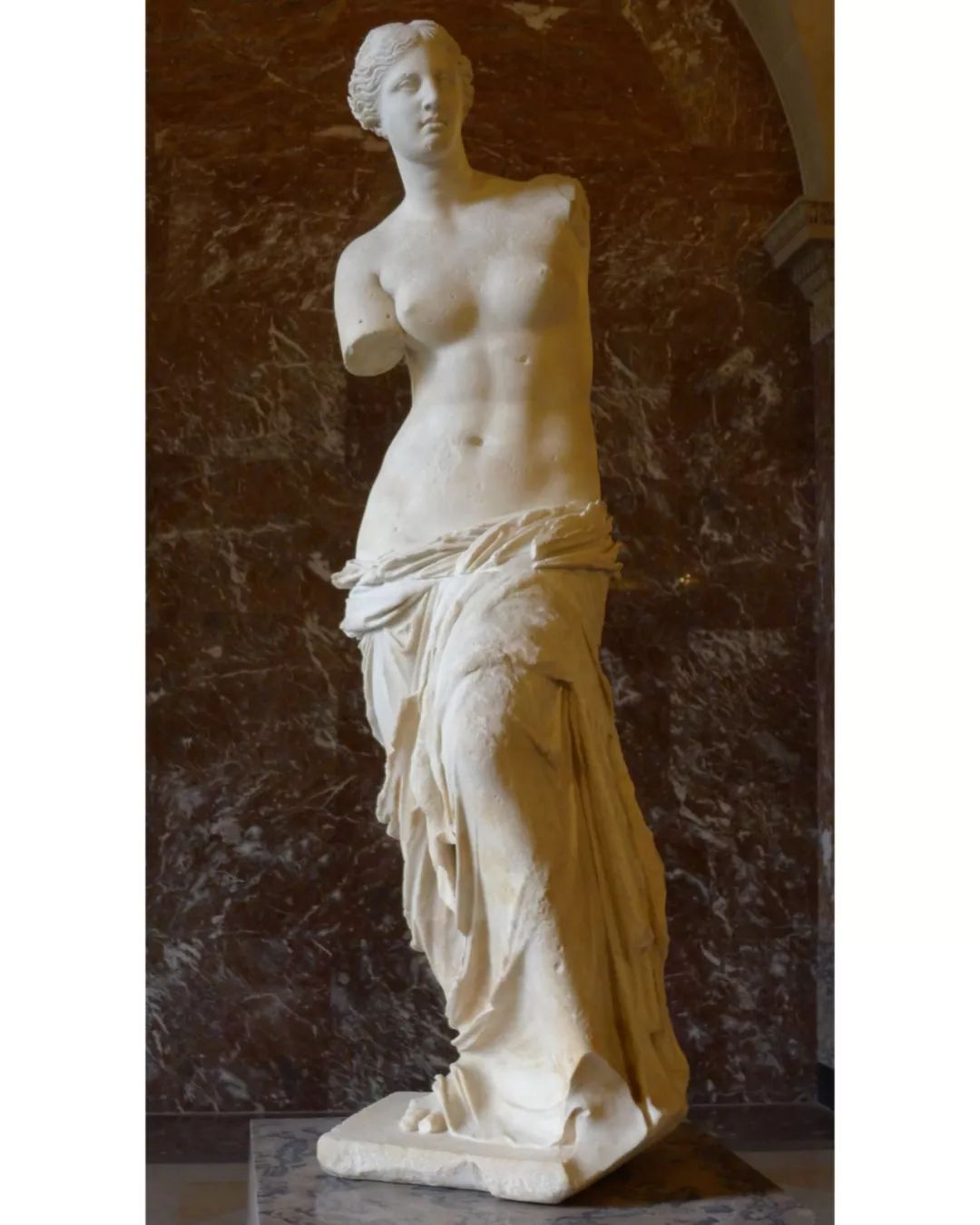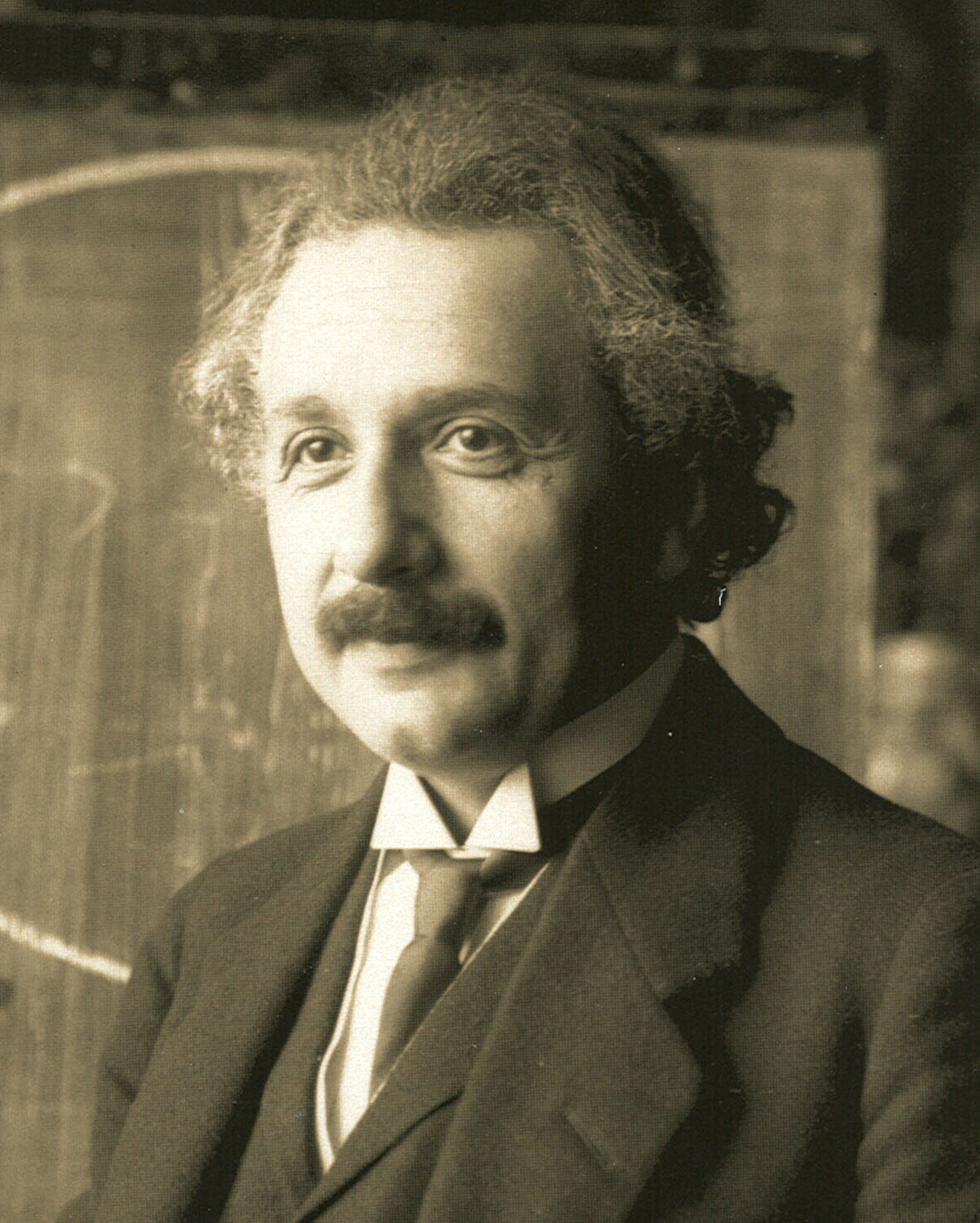以下是关于“happy”一词的一些丰富同义词,它们在不同的语境和情感强度下有着微妙的区别:
一、表达一般的高兴与快乐:
1. 当我们感到充满喜悦时,可以用“Joyful”来形容,如“She looked joyful after receiving the good news.”(收到好消息后,她看起来很快乐。)
2. “Cheerful”表示开朗的,如“He always maintains a cheerful attitude, even in difficult times.”(即使在困难时期,他也总是保持乐观的态度。)
3. “Glad”意为高兴的,如“I'm glad to see you.”(见到你很高兴。)
4. “Delighted”表示欣喜的,如“We were delighted with the outcome.”(我们对结果感到非常满意。)
5. “Pleased”意为满意的,如“She is pleased with her progress at work.”(她对工作中的进展感到满意。)
二、强烈或兴奋的快乐:
1. 当我们感到狂喜时,可以使用“Ecstatic”,如“They were ecstatic with their team's victory.”(他们对他们队伍的胜利感到欣喜若狂。)
2. “Elated”表示兴高采烈的,如“He was elated to receive the award.”(获得奖项使他非常高兴。)
3. “Thrilled”强调激动不已的,如“She was thrilled to meet her favorite author.”(见到她最喜欢的作家,她非常激动。)
4. “Overjoyed”表示极度开心,如“They were overjoyed at the news of their child's birth.”(听到孩子出生的消息时,他们欣喜若狂。)
三、轻松满足的快乐:
1. 当我们感到内心满足而非外露的快乐时,可以使用“Content”,如“She seems content with her life.(她似乎对自己的生活很满意。)
2. “Satisfied”表示满意的,如“He is satisfied with his accomplishments.”(他对自己的成就感到满意。)
3. “Blissful”表示极乐的,如“She felt blissful on her honeymoon.”(她在蜜月时感到非常幸福。)
4. “Serene”表示平静而快乐的,如“The serene atmosphere of the beach made her feel relaxed.”(海滩宁静的氛围让她感到放松。)
四、特定情境的同义词:
1. “Merry”常用于节日,如“Wishing you a merry Christmas!”(祝你圣诞快乐!)
2. “Jubilant”多因胜利或成功而欢庆,如“The crowd was jubilant as the team won the championship.”(队伍赢得冠军时,人群欢呼雀跃。)
3. “Radiant”形容人容光焕发,如“She looked radiant in her wedding dress.”(她穿着婚纱看起来很容光焕发。)
还有一些俚语或非正式的表达方式,例如英式俚语中的“Chuffed”(得意的)和美式俚语中的“Stoked”(兴奋的)。选择合适的词汇,根据具体的语境传达微妙的情感差异。




